Doctor Sleep hit cinemas worldwide October 31st 2019, and opened in the United States just over a week later on November 8th. Directed by Mike Flanagan, and adapting the novel of the same name by Stephen King, Doctor Sleep is a sequel to the legendary classic The Shining. At the time, the film got mostly positive reviews, but there were few hailing it as a masterpiece, or anything close. Many were seemingly baffled at the sheer concept of releasing a sequel to such a beloved film as The Shining, nearly four decades after the original film’s release. Five years later, the film has grown quite a cult audience, and Mike Flanagan’s respect as a filmmaker has since soared. So, after half a decade, I decided to revisit a film I saw on opening day, now an adult.
Doctor Sleep‘s film rights were first picked up all the way back in 2014, shortly after the release of the novel. Akiva Goldsman (A Beautiful Mind) was initially attached to write and produce, but studio Warner Bros could not secure the budget for the project, or for a prequel titled The Overlook Hotel. Following the explosive success of 2017’s It, production was fast-tracked, with filmmaker Mike Flanagan (The Haunting of Hill House) hired to direct the film and rewrite Goldman’s script. A longtime fan of King, Flanagan had already directed an adaptation of Gerald’s Game for Netflix, and was drawn to the themes and ideas of Doctor Sleep. Production took six weeks to rebuild the sets of the Overlook Hotel, which look almost identical to the original film. Most characters from The Shining were understandably recast, but Danny Lloyd, who played Dan Torrance in the original film, makes a brief cameo.
I don’t think anyone needs me to explain the legacy of Stanley Kubrick‘s The Shining. One of the most iconic and beloved horror films of all time, it’s inspired countless fan theories, pieces of merchandise, and a whole documentary. It’s hardly a secret that King dislikes the film adaptation of his 1977 novel, and he’s been very open on why for four decades. For my money, both are incredible. They’re deeply different stories and thematically hardly resemble each other, but both represent the pinnacle of what their respective mediums can be. Putting it another way, it’s possibly King’s best book and definitely Kubrick’s best movie. Flanagan’s biggest goal for his film was to unite both the iconography of Kubrick and the themes of King, unifying them. A sequel to both stories, effectively, while adapting a novel of its own. That’s not an easy task, but inspired the team to be both creative and task risks. Flanagan is effectively putting King’s themes back into The Shining, which some may dislike, but I find the tasteful yet bold approach fascinating. Reportedly, Flanagan wrote two third act scenes which sold King on the approach, taking iconography from the film yet using it to convey the novels themes.
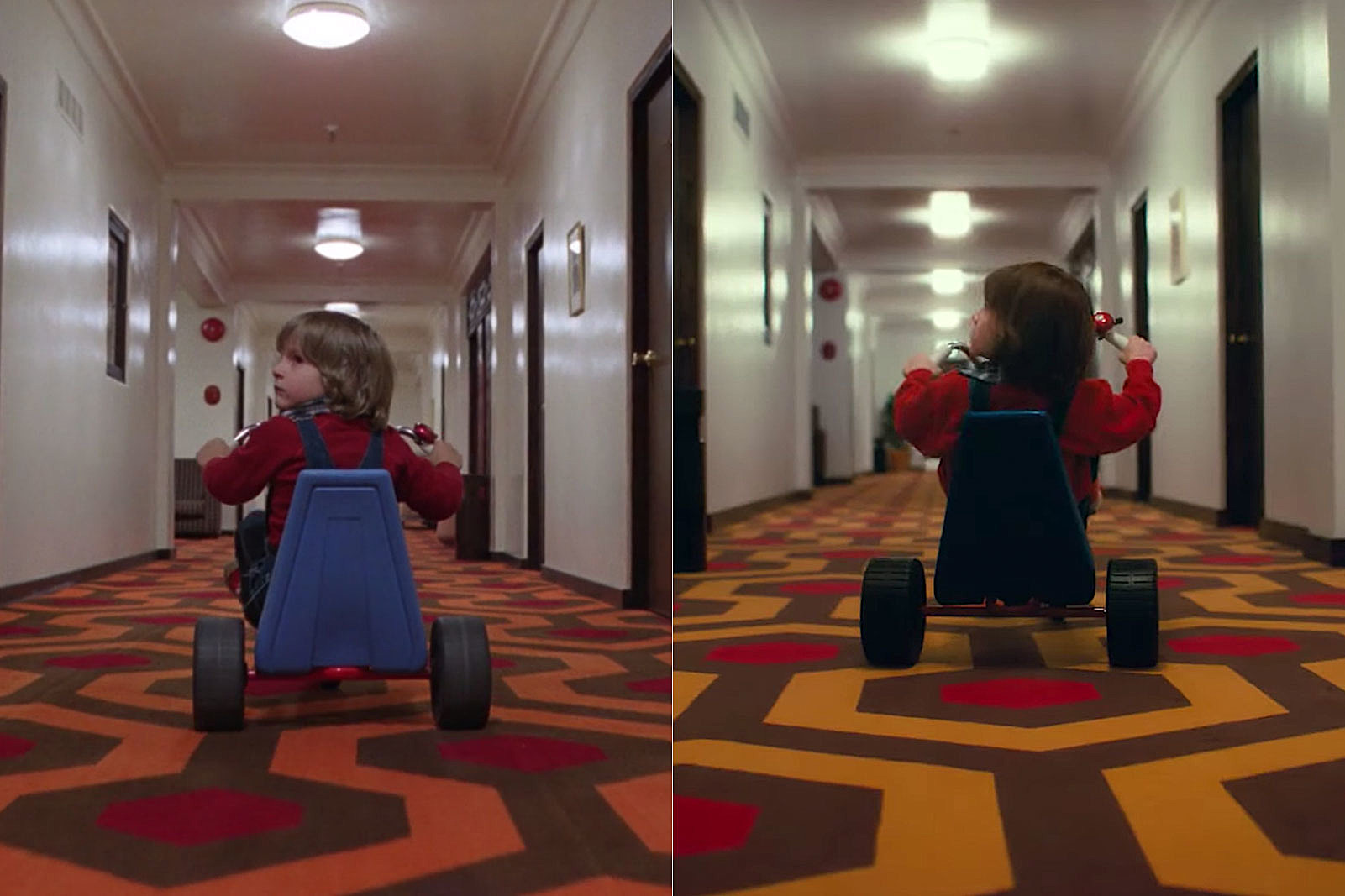 Comparison of The Shining and Doctor Sleep’s flashback sequences
Comparison of The Shining and Doctor Sleep’s flashback sequencesThe story follows a now grown up Dan Torrance, who has spent a lifetime running away from his psychic abilities known as ‘The Shine.’ Still unhealed from the trauma of his childhood, Dan has an alcohol problem, traveling from state to state and leaving a path of pain in his wake. He cleans up and gets sober, working in a hospice and trying to make up for his wrongs, but when a girl named Abra Stone, with the most incredible Shining abilities anyone has ever seen, reaches out to Dan for help, he has to face his past and psychic energy vampries all at once. You may think that doesn’t sound like a particularly scary movie, and you’d be right. Doctor Sleep is, like much of King’s later works, a dark urban fantasy with some particularly unsettling elements. That won’t appeal to everyone, but as a longtime defender of late-era King, it definitely appeals to me.
Ewan McGregor stars in the lead role as Dan Torrance. Dan is a broken, hollowed out shell of a man when we first see him. The film shows us enough to be sympathetic of poor old Danny, but also just enough to realise he’s done a lot of bad in his time too. McGregor brings a gentle grace to the role in one of my favorite performances of his. It’s quiet and complex and he allows moments to breathe and well, shine. He apparently applied a personal touch to the role and you can tell, because it’s a very lived in performance that really helps a movie like this , with a wide scope across quite a large period of time. Reportedly, he gets this movie mentioned to him a lot when he runs into fans, which makes me pretty happy.
Rebecca Ferguson in contrast plays the main villain, Rose the Hat. I won’t hesitate to say it is one of the greatest horror performances of the millennium so far. She balances charismatic, sexy and terrifying on a tightrope and never falters, hypnotising the audience every scene she’s in. There’s a particularly well known sequence where she murders a young child, played by Jacob Tremblay in a fantastic bit part, where she’s utterly terrifying the entire time. King’s villains have always been his most defining skill, and Rose is one of his best. Psychic energy vampires sounds silly on paper, but Rose and the rest of the True Knot are deeply unsettling and yet imminently watchable all at once. Ferguson added her own details to Rose, such as braiding in ‘trophies’ from her kills into her hair and hat. What you get is a truly phenomenal antagonist to our main characters, who makes every scene count.
Kyliegh Curran is a force to be reckoned with as central character Abra Stone. Formerly of Disney Channel series Secrets of Sulphur Springs, it’s an incredibly good performance from an actress only fourteen years old at the time. Horror is typically plagued with bad child acting, but that is not the case here. She stands toe-to-toe with McGregor and Ferguson and doesn’t feel out of place with their calibre of acting. The movie wouldn’t work without her performance, and she aces it with flying colors. There’s a particularly incredible seen where she’s possesed by Dan, imitiating McGregor’s mannerisms, vocal patterns and characteristics almost perfectly.
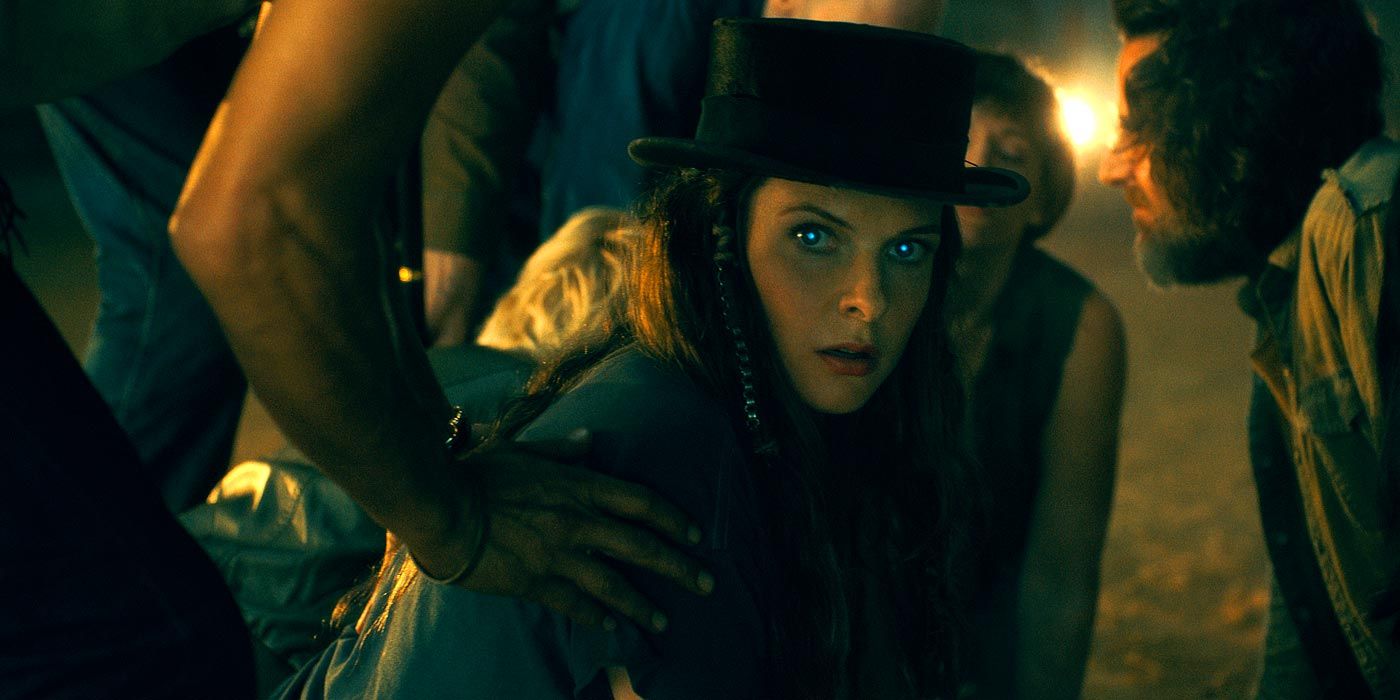 Rebecca Ferguson as Rose the Hat in Doctor Sleep.
Rebecca Ferguson as Rose the Hat in Doctor Sleep.The supporting cast of the film is really good. Carl Lumbly portrays Dick Hallorann, originally portrayed by Scatman Crothers in The Shining, and brings his own touch to the role that works well with the story. Cliff Curtis plays Dan’s best friend in an underutilisied supporting role, whilst Zahn McClarnon shines as the villainous Crow Daddy of the True Knot. Various Flanagan regulars are in the film including Bruce Greenwood as the head of Danny’s AA program, Robert Longstreet as a member of the True Knot, and more notably, Alex Essoe and Henry Thomas as Wendy and Jack Torrance. They both do wonderful jobs, to the point where Essoe has basically perfected Shelley Duvall’s voice and mannerisms from the original film. It’s a much better approach in my opinion than aging down actors with CGI, and helps the visual language of the film stay incredibly realistic.
The film is, on a technical level, incredibly impressive. Flanagan almost always works with Michael Fimognari, who has a bold vision and great visual sense, edits his own films, and pays great attention to detail in every sequence. This film looks great, and was part of the crystalising of Flanagan’s style that took place in 2018-2019. An astral projection sequence midway through the film is particularly loved and looks spectacular to this day, equal parts magical and unsettling. The Overlook is reconstructured in painstaking detail, and looks as good as it ever did. The pace is slow but effective, building itself to a staggering third act that I found riveting. It’s quite a long film, but flows well in my opinion, if you let yourself get drawn in to the film and its world. It meanders a bit, just like all the best Stephen King novels do, so hear it out.
Doctor Sleep is a narrative all in service to its themes. Dan’s recovery from alcholism and atoning for his past actions are the main driving force of his character and as such, the theme. Like much of Flanagan’s other work, this film discusses death sincerely and with empathy, but far more honestly than most other studio horror films do. It’s a story about finding purpose and meaning in life in spite of experiencing death at the end, in your past, or all around you. Other themes include generational trauma, self-empowerment, and empathy towards the sick and the less fortunate. It’s not a light film, far from it. This is a heavy, emotional watch and goes far more into the psyche of its characters than Kubrick’s original film, preferring to go with King’s approach. Flanagan is one of the great empathetic filmmakers of our time, telling stories about flawed people genuinely trying their best. That’s something we could use more of in the world.
Like it’s predecessor, Doctor Sleep is quite different to the book its based on. The entire third act is a different beast entirely; the Overlook is destroyed at the end of King’s original novel, and it’s third act revolves around Danny releasing a disease to cripple the True Knot and create infighting. Characters die in the film that don’t die in the novel. In the book, Dan’s blood relation to Abra is explained (he is actually her uncle!) but it’s left only hinted at in the film. Certain sequences and subplots are cut and of course, the film references the iconography of Kubrick’s film instead of King’s novel. It’s only got lines like ‘Ka is a Wheel’ and various mentions to other King novels, and basically adapts the end of the original The Shining novel instead. I hate to say it, but it’s almost a bit better than the book. Don’t get me wrong, the book is wonderful and one of the best later-era King novels, but Flanagan’s film has such an incredible third act climax, it kind of makes the whole rest of the movie seem even better by comparison. Both are great, and I would suggest fans of the film read the book and vice versa.
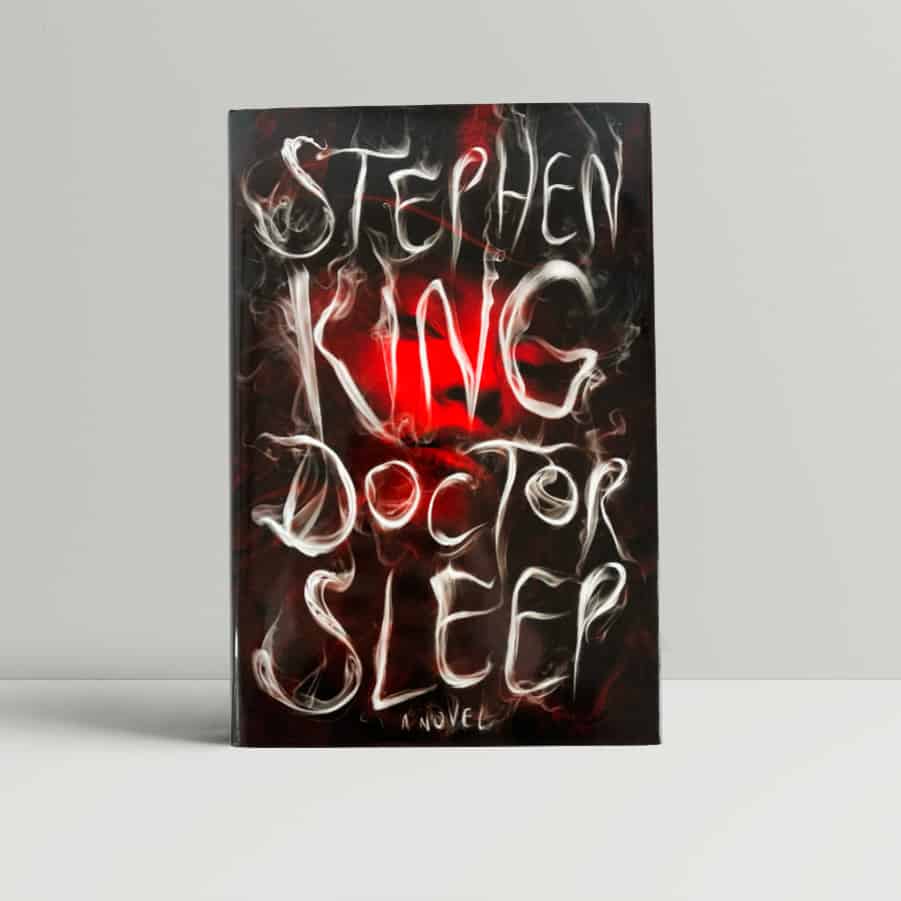 First edition copy of Doctor Sleep.
First edition copy of Doctor Sleep.As mentioned in the opening, Doctor Sleep released in 2019 to positive reviews. The technical elements and performances were praised, whilst the story had more mixed reactions, and the runtime was heavily criticised. It grossed 72.4 million dollars on a 45-55 million dollar budget, not reaching the same heights as 2019’s other King adaptations, It: Chapter Two and Pet Sematary. I went to see it opening day, bunking out on a social gathering with people I didn’t like. It was ten at night, and the film was nearly three hours with ads. I had a wonderful, magical time, and it remains one of my greatest cinema experiences. No one else was there, so it was just me and the movie. I was an edgy teen, dealing with mental illness and all the anguishes of youth, and it moved me to my core, even if I’ve never been taken in by the drink in the same way as Dan Torrance.
Mike Flanagan’s career has exploded in popularity since the films release, due to the successes of his horror minseries such as Midnight Mass and The Fall of the House of Usher. Doctor Sleep has gained a new life online, often touted as ‘underrated’ in horror and film communities. There’s even been video essays on the film, with thousands of views. Flanagan’s newest film, The Life of Chuck, is scheduled to release next year. Adapting a Stephen King story from the collection If It Bleeds, it won the Toronto International Film Festival’s People’s Choice Award, scooping up a major release from indie distrubutor Neon, known for films like Parasite and Longlegs. He’s also reportedly adapting The Dark Tower as a television series for Amazon Prime, taking his time to make sure it’s the best it can be. Whatever he does next, Doctor Sleep seems to have been a turning point in his career, and he seems to be fond of the film himself, as is King, who has regularly praised it online. A 3 hour Director’s Cut has released since, and it’s debatably the best way to watch the film. It lets it breathe, focuses on the characters and themes even more, and gives the film more depth. I’d highly suggest it.
I love this film. I love it enough to admit that its too long, too slow, unyielding, lacks the scares one might expect, too serious, and all sorts of flaws that others are completely valid for feeling. There’s a reason it has as many detractors as it does fans. I love it deeply. It is a work of art that means something to me, has resonated with me even more as an adult than it did five years ago. I would rather take one film that feels tailor made to what I love than ten films that are ‘better’ but don’t personally appeal to me at all. I think lots of other people feel the same, which is why the film has developed such a cult following. That’s a beautiful thing in and of itself. It means something to people that can’t quite be explained, and after five years, only more so. It’s just gotten better in my opinion. Whether you love it, hate it or land somewhere in between, I’m glad this wonderfully unique, heartfelt, scary and magical film exists.
Shine on, Doctor Sleep.
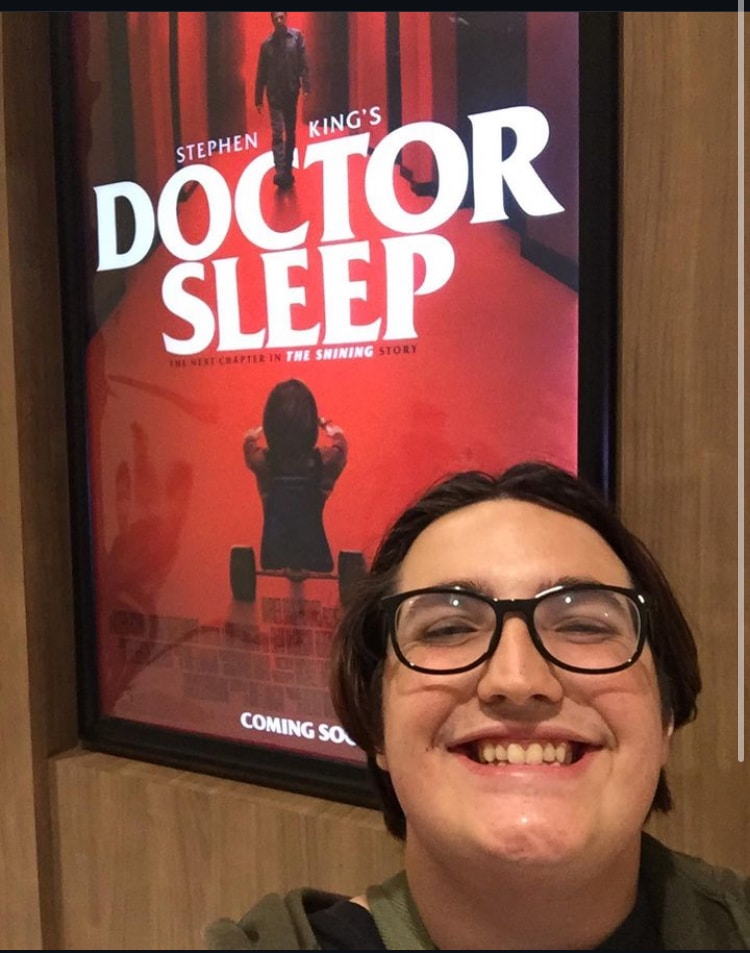 An image of me seeing Doctor Sleep back in 2019.
An image of me seeing Doctor Sleep back in 2019.


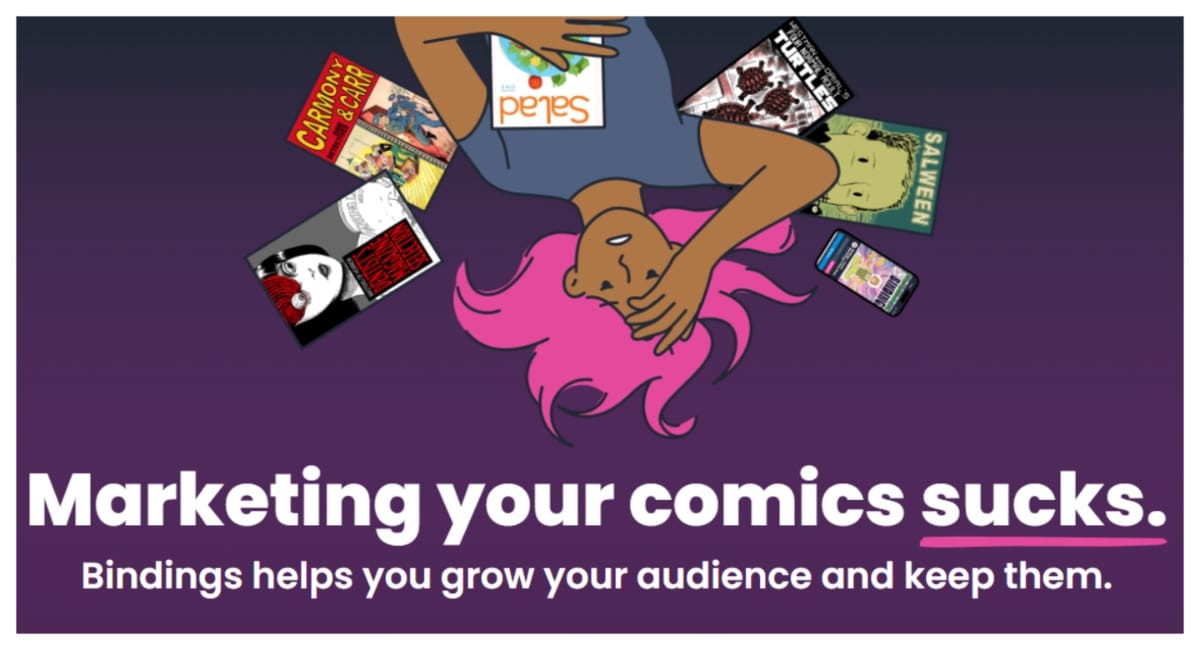
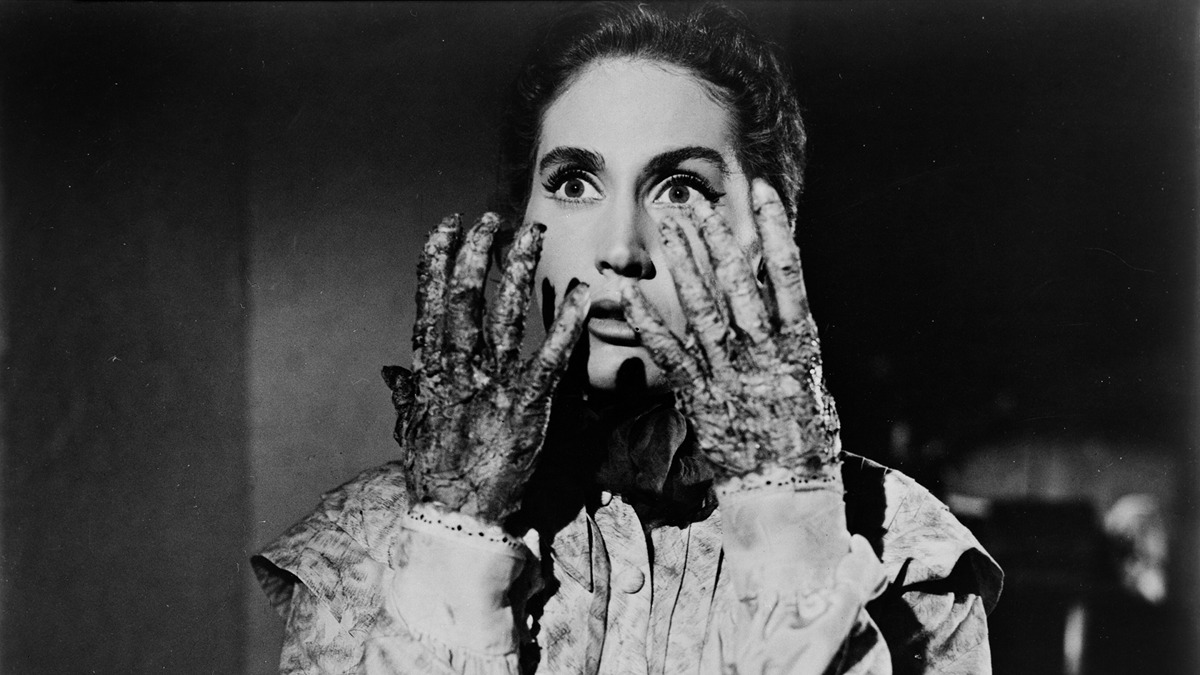
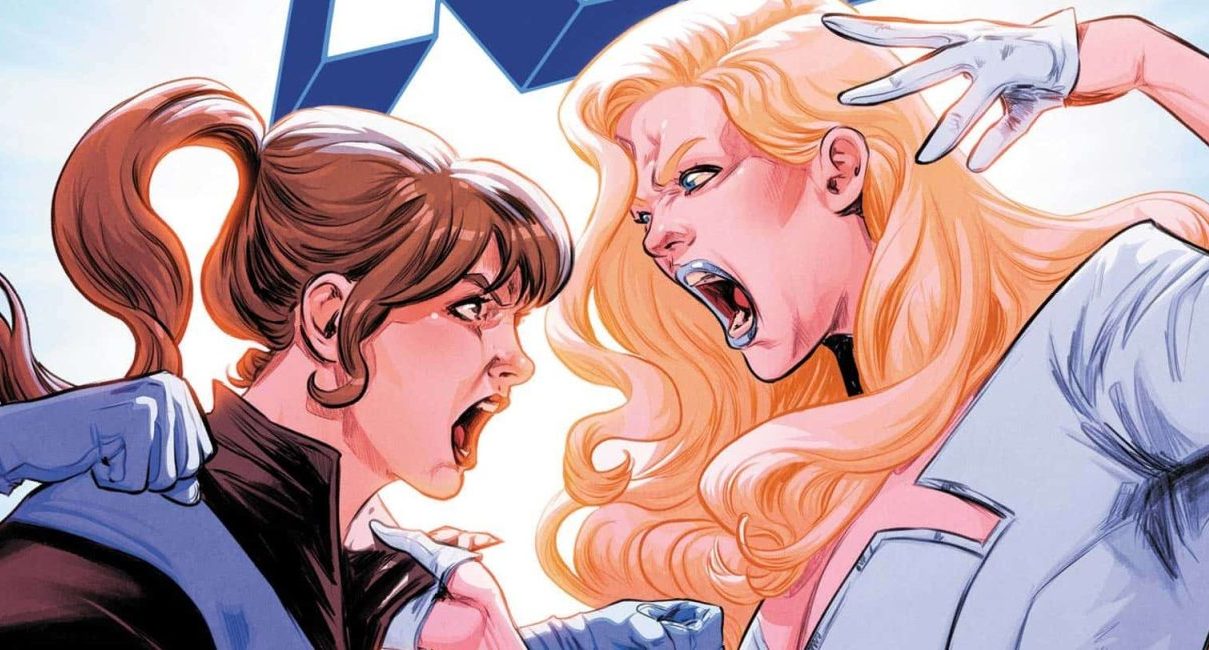
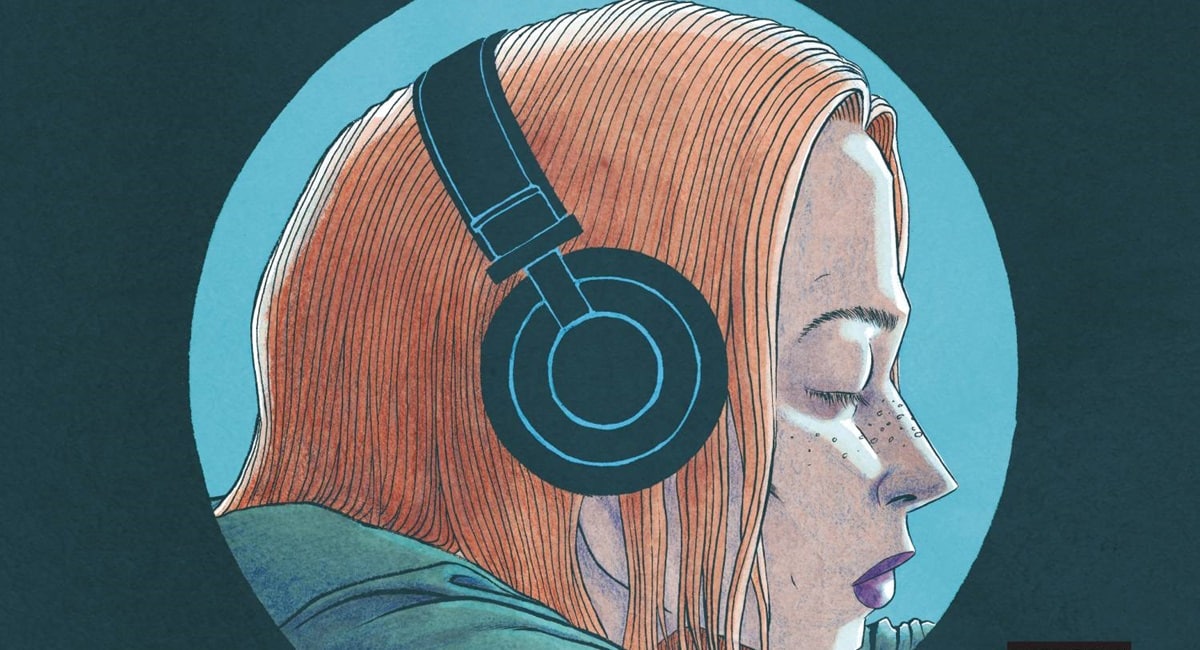
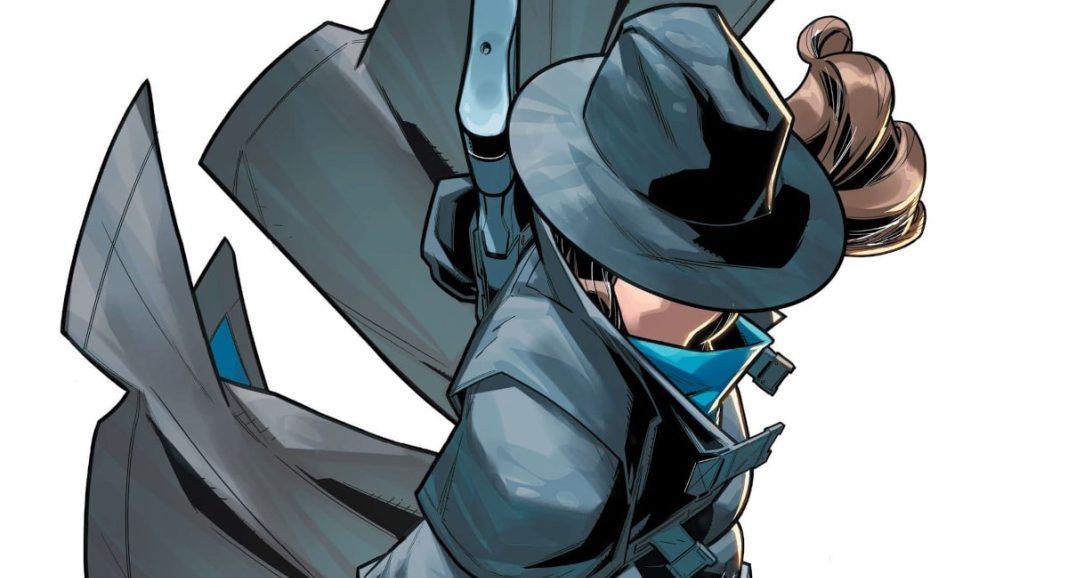
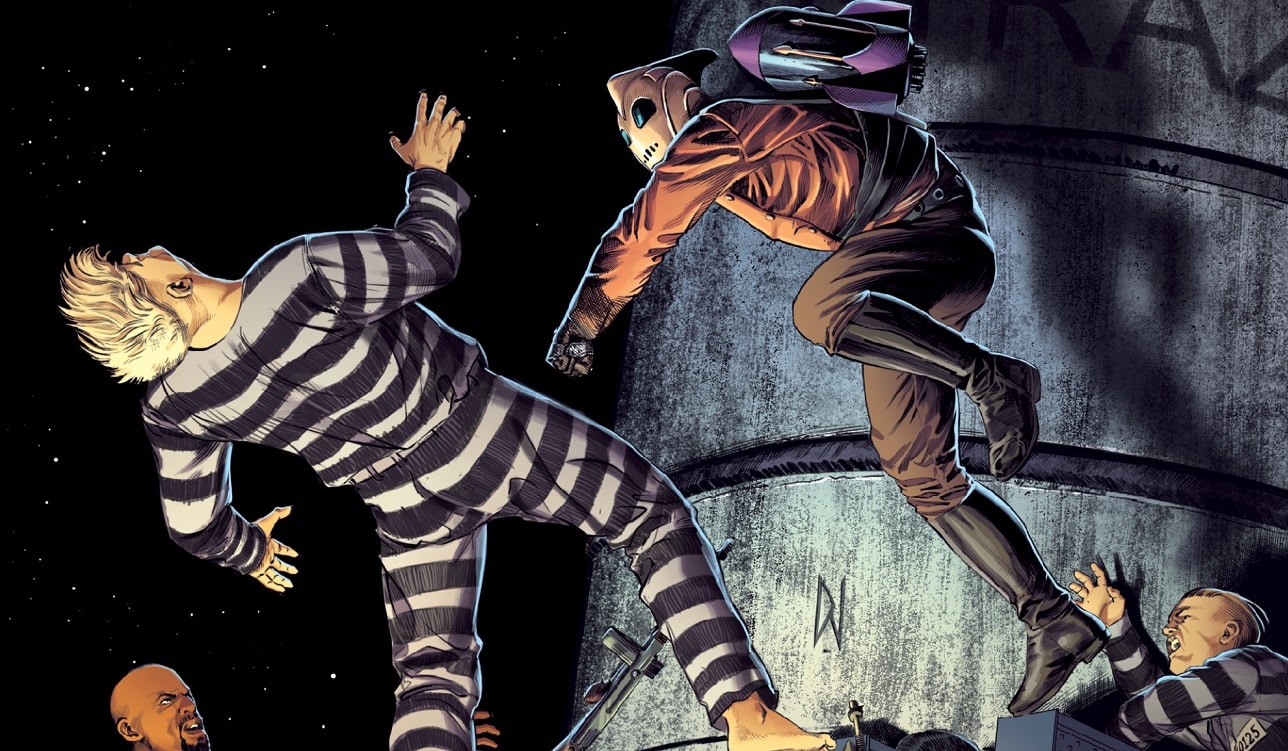












 English (US) ·
English (US) ·